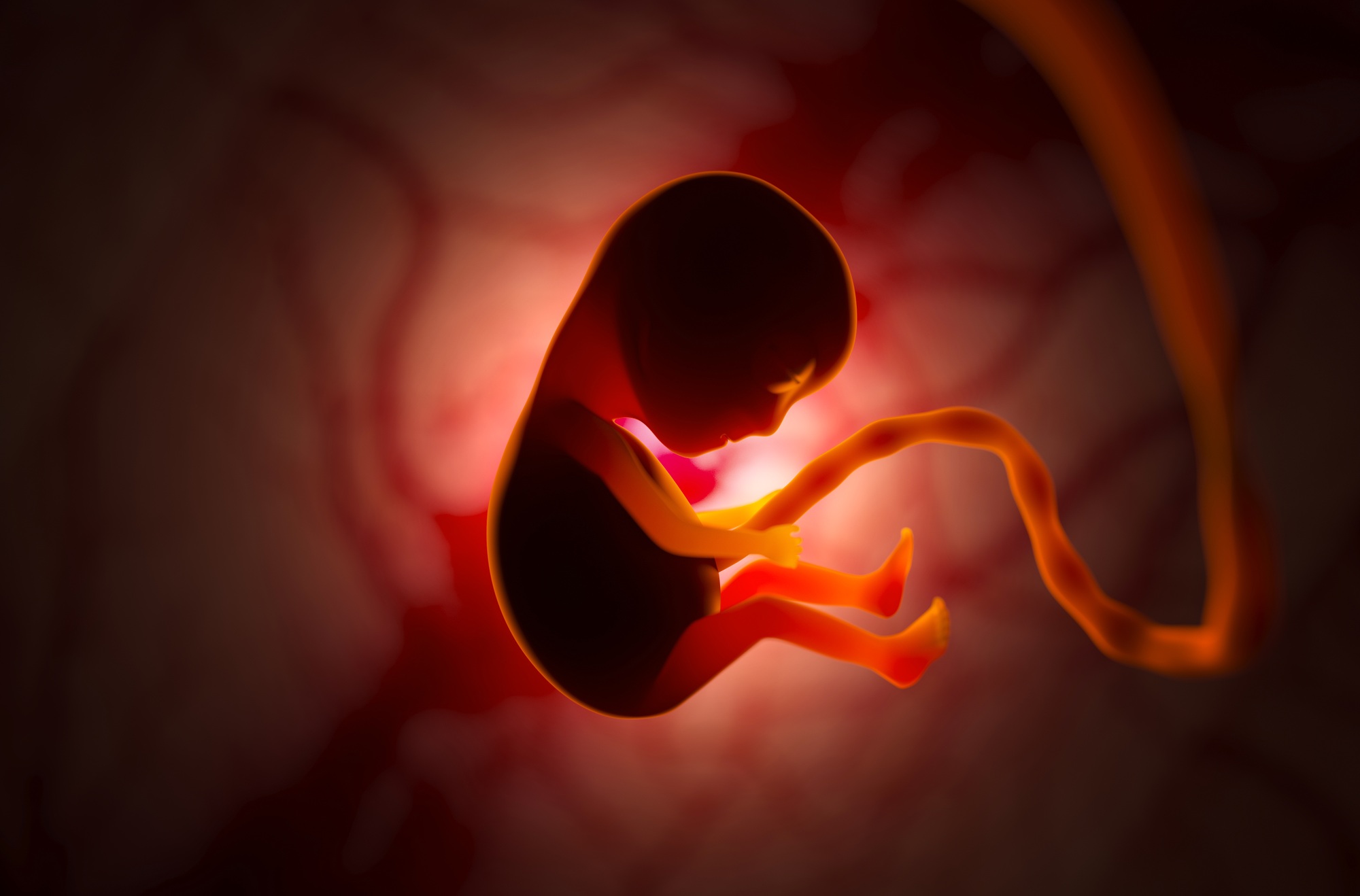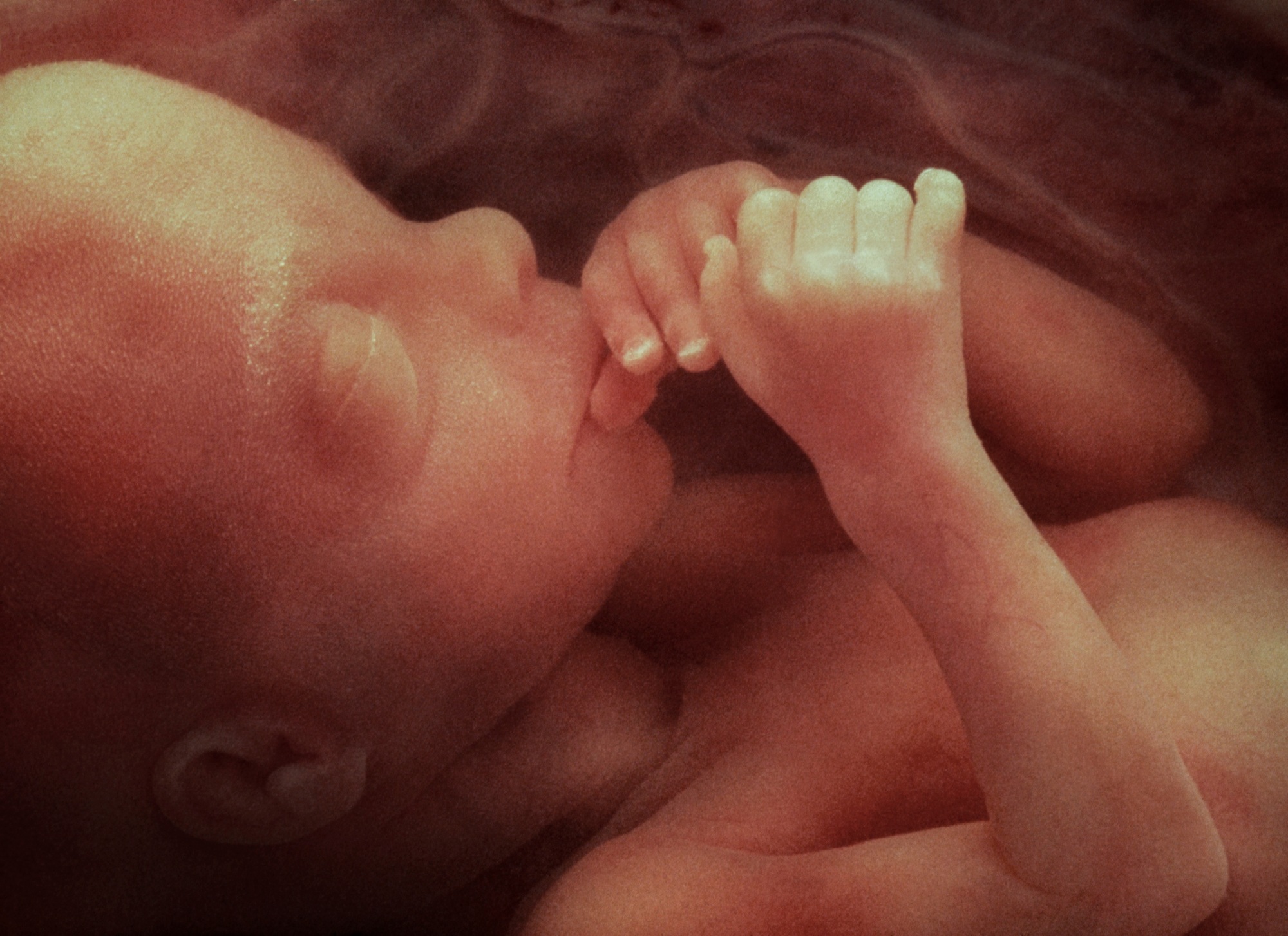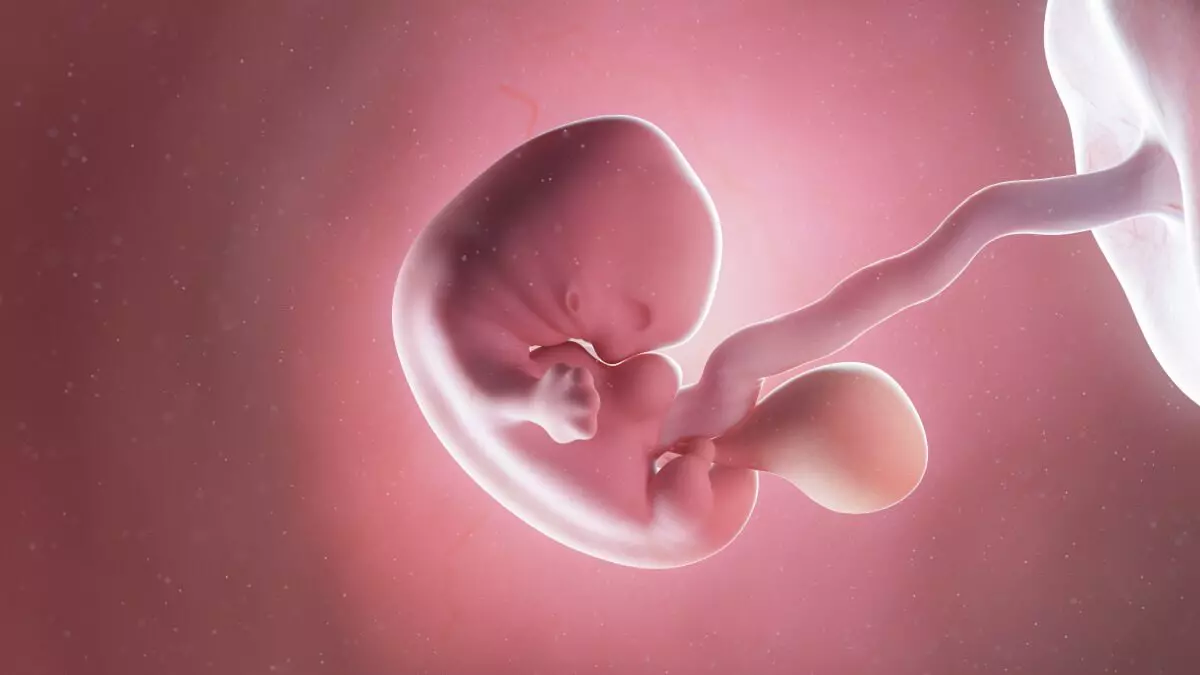
Facing an unplanned pregnancy can be overwhelming, and understanding all available options is crucial. For those considering abortion 20 weeks into pregnancy, it is essential to know the medical procedures, legal considerations, risks, and emotional aspects involved. This guide provides comprehensive information to help individuals make informed decisions.
Is Abortion Legal at 20 Weeks?
The legality of abortion 20 weeks into pregnancy varies depending on location. Some regions allow it under specific circumstances, such as fetal abnormalities, risks to the mother’s health, or other medical reasons. It is important to check local laws and consult a healthcare provider to understand the legal framework in your area.
Medical Procedures for Abortion at 20 Weeks
At abortion 20 weeks, the procedure differs from early-stage medical abortions. Medical and surgical options are available, with surgical procedures being the most common due to the advanced gestational age.
Dilation and Evacuation (D&E)
One of the most common procedures for abortion 20 weeks is dilation and evacuation (D&E). This method involves the following steps:
- The cervix is dilated using medication or dilators.
- The pregnancy is removed using medical instruments and suction.
- The procedure is performed under anesthesia or sedation.
D&E is considered safe when performed by experienced medical professionals.
Induction Abortion
In some cases, an induction abortion may be performed. This method involves using medication to induce labor, leading to the expulsion of the pregnancy. It is typically done in a hospital setting under medical supervision.
Risks and Side Effects of Abortion at 20 Weeks
Like any medical procedure, abortion 20 weeks carries certain risks. While complications are rare, it is important to be aware of potential side effects.
Common Side Effects
- Cramping and abdominal pain
- Heavy bleeding for a few days
- Nausea and dizziness
- Fatigue
Possible Complications
- Infection
- Damage to the cervix or uterus
- Excessive bleeding requiring medical intervention
- Emotional and psychological effects
Consulting a healthcare professional can help mitigate risks and ensure a safe procedure.
Emotional and Psychological Considerations
Abortion at 20 weeks can bring about a range of emotions, including relief, sadness, or anxiety. It is important to seek emotional support if needed. Speaking with a counselor or support group can help individuals process their feelings.
Recovery After Abortion at 20 Weeks
Recovery from abortion at 20 weeks varies from person to person. It is essential to follow medical advice and take care of physical and emotional well-being.
Physical Recovery
- Rest for a few days after the procedure
- Avoid heavy lifting or strenuous activities
- Stay hydrated and maintain a nutritious diet
Emotional Recovery
- Seek professional counseling if needed
- Talk to a trusted friend or family member
- Give yourself time to heal emotionally
Alternatives to Abortion at 20 Weeks
For those unsure about abortion 20 weeks into pregnancy, other options exist:
- Adoption: Placing the baby for adoption may be a suitable choice for some individuals.
- Parenting: Continuing the pregnancy and raising the child is another option, with support systems available.
- Seeking Support: Speaking with a professional or counselor can provide guidance in making the best decision.
Where to Seek Help
If you are considering abortion 20 weeks into pregnancy, it is important to consult a trusted healthcare provider. They can provide information on procedures, legal considerations, and emotional support.
Conclusion
Abortion at 20 weeks is a significant decision that requires careful consideration of medical, legal, and emotional factors. Understanding the procedures, risks, and available support can help individuals make informed choices.
If you are thinking about abortion and need someone to talk to, The Abortion Truth is here to support you. Whether you need counseling or someone to listen, you can contact us at wecare@theabortiontruth.org for guidance and support.









